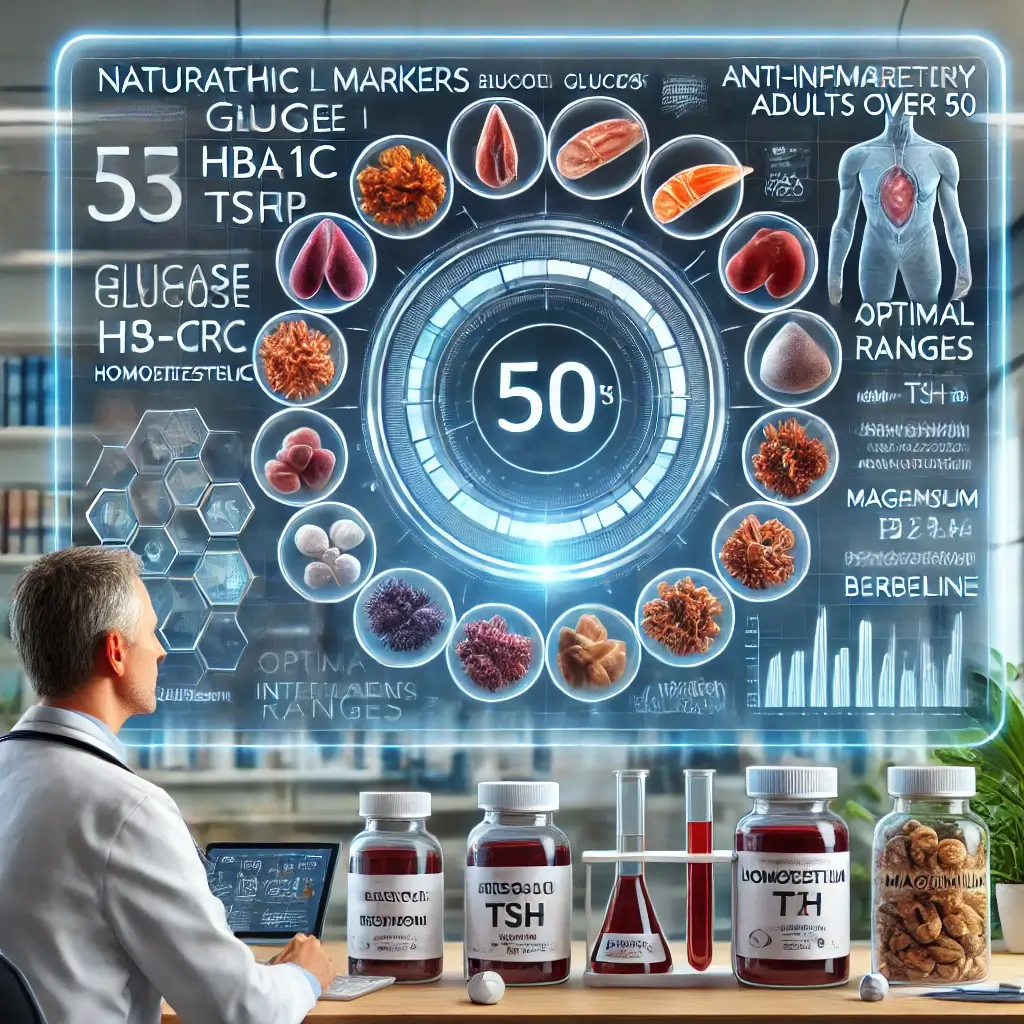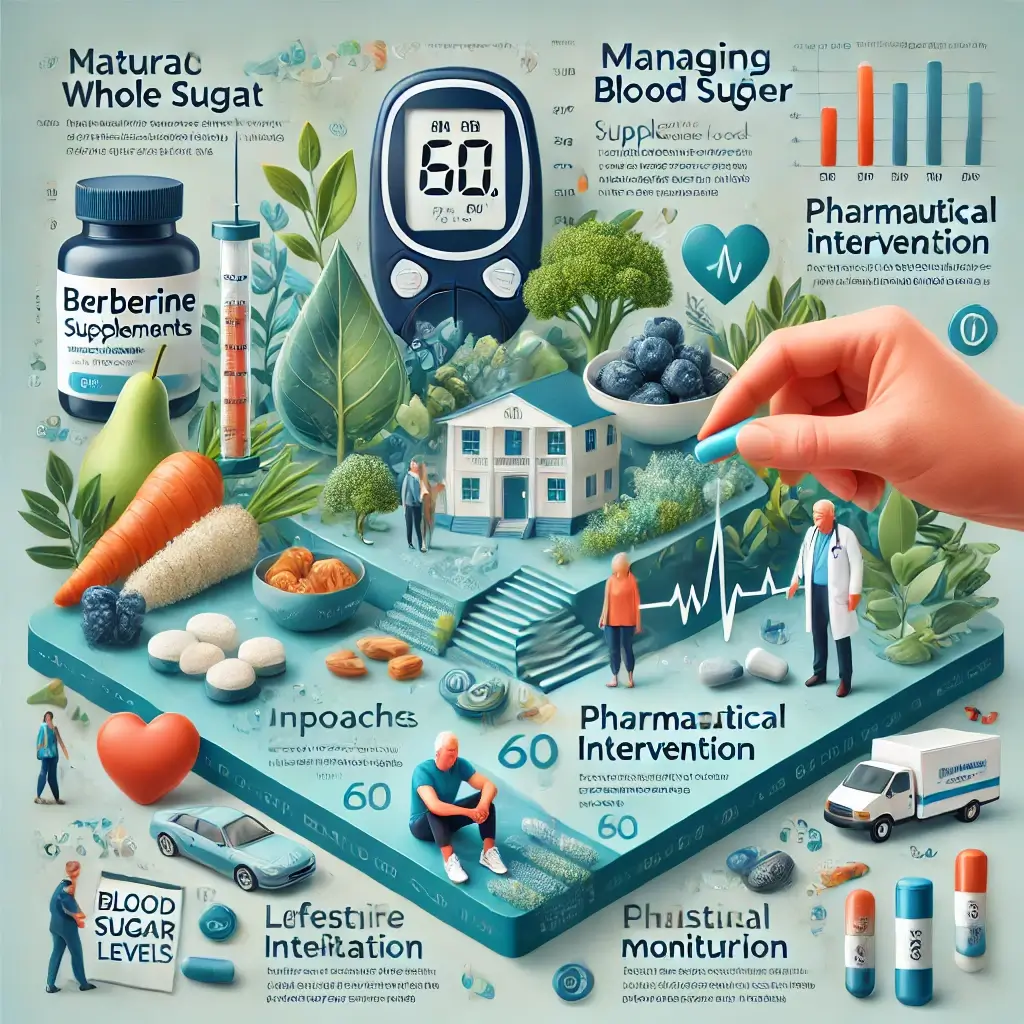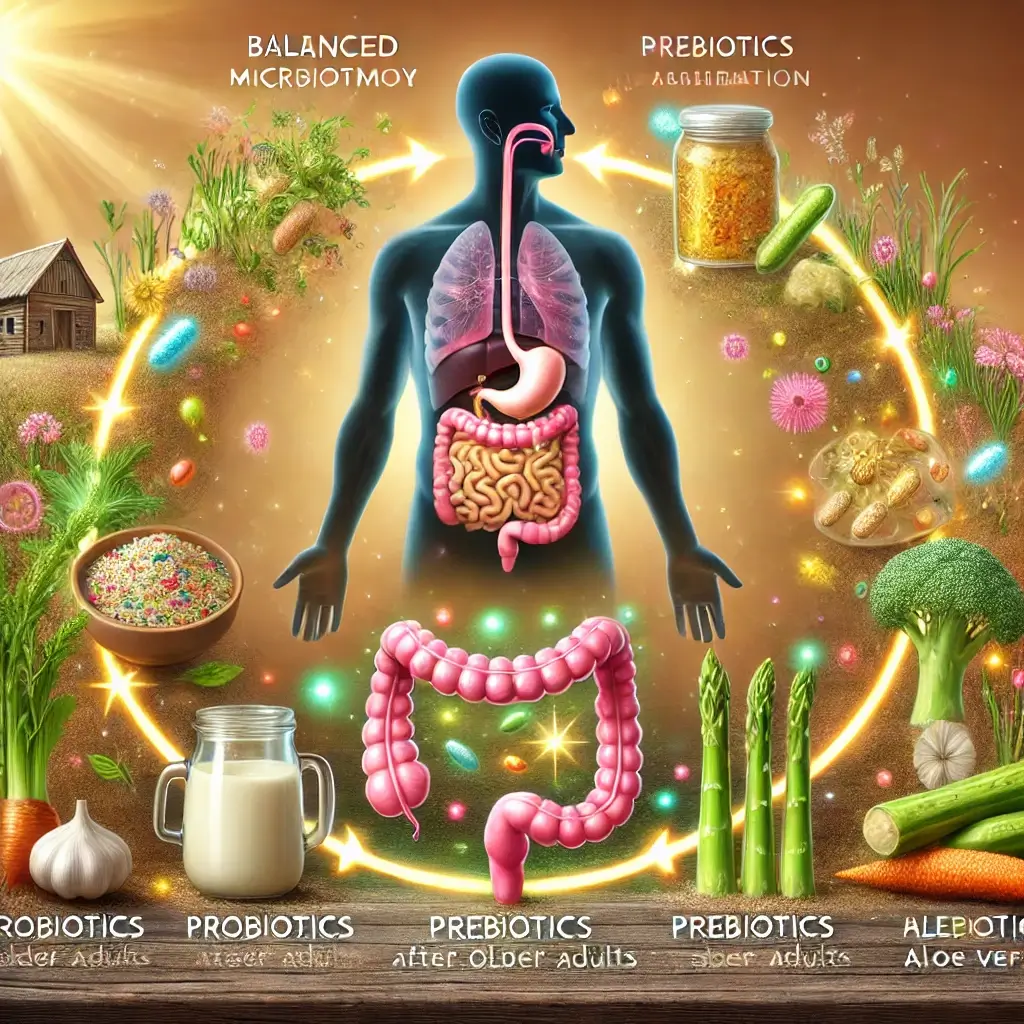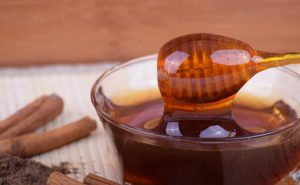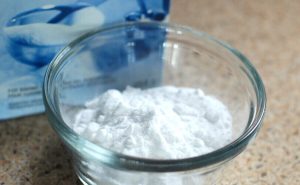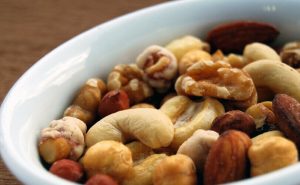How to Prevent Cavities
Cavities are one of the most frequent dental issues, but are also one of the easiest to avoid. Following a few easy recommendations may dramatically lower your chance of acquiring cavities.
Here are the most significant ways to avoid cavities:
Brush your teeth twice a day for two minutes. Use fluoride toothpaste and a soft-bristled toothbrush to maintain good oral hygiene. Brush your teeth on all surfaces, including the front, rear, and chewing surfaces. Floss your teeth once a day. Flossing eliminates plaque and food particles that a toothbrush cannot reach. Use fluoride mouthwash. Mouthwash can aid in the killing of germs and the removal of plaque. To help strengthen your teeth, use fluoride-containing mouthwash.
Keep up with your annual or semi-annual dental exams and cleanings. Your dental hygienist can eradicate plaque and tartar accumulation you couldn’t remove at home. They can help detect gum disease and other oral disorders. Maintain a nutritious diet. A low-sugar, low-processed food diet can help minimize your chance of acquiring cavities. Consume lots of water to help remove food particles and germs that might cause cavities. Sugary beverages should be avoided; they cause tooth decay. If you do consume sugary drinks, wash your teeth afterward. Stop smoking. Smoking can cause tooth decay and make you more susceptible to cavities. Following these guidelines minimizes your chance of cavities and keeps your teeth and gums healthy for the rest of your life.
Foods to Avoid If You Have Cavities
Cavities are a frequent issue that some reasons, including nutrition, can bring on. Certain foods are more susceptible to causing cavities than others. If you wish to lower your risk of cavities, avoid the following foods:
Sugary meals and beverages: Sugary foods and beverages are the leading cause of cavities. The bacteria in your mouth thrive on the sugar in sweet foods and beverages, producing acids. These acids destroy the enamel of your teeth, causing cavities.
Sticky foods: Sticky foods can cause cavities as well. This is because they adhere to your teeth, making it harder for saliva to wipe them away. Bacteria in your mouth will then feast on the sticky foods, producing acids that will destroy your teeth.
Acidic meals can also damage the enamel of your teeth, making them more susceptible to cavities. Citrus fruits, tomatoes, and carbonated beverages are acidic foods to avoid.
Starchy meals can also adhere to your teeth, making it harder for the saliva in your mouth to wash them away. Bacteria in your mouth can feed on starchy foods, producing acids that destroy your teeth. Starchy foods, like bread, pasta, and rice, should be limited or avoided.
Here are some other cavity-prevention tips:
Use a children’s toothbrush if you have little teeth or trouble brushing.
Every three months, replace your toothbrush.
Every six months, see your dentist for a checkup and cleaning. Get your back teeth sealed. Sealants are a thin covering that may be put on your teeth’s biting surfaces to protect them against cavities.
When you’re sick, take care of your teeth. When you’re ill, you’re more prone to cavities. Maintain a routine of brushing, flossing, and rinsing with mouthwash.
By following these guidelines, you can help maintain your teeth and gums healthy and avoid cavities.

